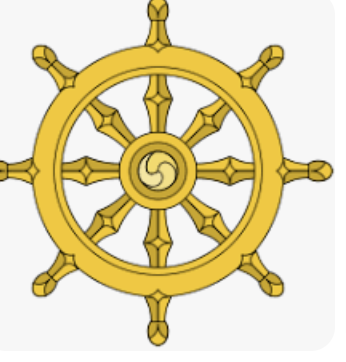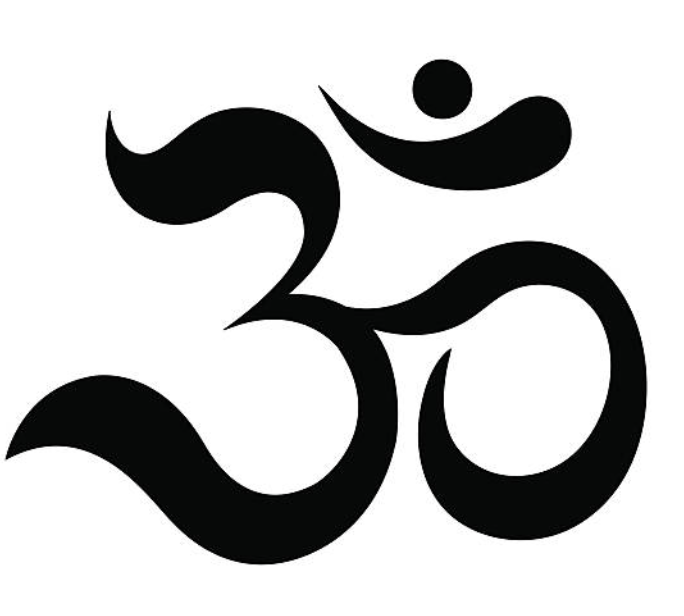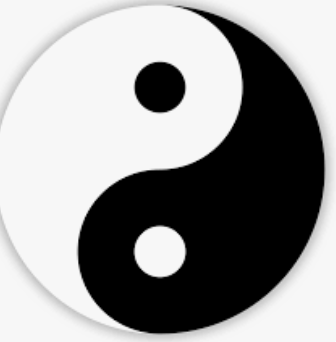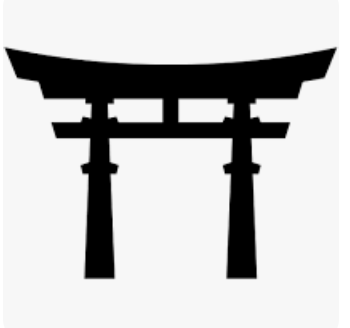unit 3 ap human geography vocab
1/53
There's no tags or description
Looks like no tags are added yet.
Name | Mastery | Learn | Test | Matching | Spaced |
|---|
No study sessions yet.
54 Terms
artifacts
Objects made or used by humans that hold cultural significance, often studied to understand past societies and their material culture
mentifacts
the core beliefs, values, and ideas that shape the cultural identity of a group or society
sociofacts
the structures and organizations of a culture which influence social behaviour
Cultural landscape
the visible imprint of human activity on the natural environment, showcasing the interplay between culture and nature
Cultural traits
The specific customs that are part of the everyday life of a particular culture
Cultural relativism
the principle that an individual human's beliefs and activities should be understood by others in terms of that individual's own culture
Ethnocentrism
the belief that one's own culture or ethnic group is superior to others, leading to the evaluation of other cultures based on the standards of one's own
colonialism
the process by which one nation exercises near complete control over another country which they have settled and taken over
ethnicity
identity with a group of people who share a common identity with a specific homeland or hearth
Cultural hearth
a place of origin for a widespread cultural trend
Sequent occupancy/ Sequent occupation
the process by which successive groups of people settle in a particular area, leading to layers of cultural influence and change over time
Indigenous communities
groups of people who have historical ties to a particular territory and maintain distinct cultural practices, languages, and traditions that are different from those of the dominant society.
Culture
A total way of life held in common by a group of people, including learned features such as language, ideology, behavior, technology, and government
Folk culture
cultural traditions that are done at a local level and which are derived from longstanding cultural practices
pop culture
the set of ideas, practices, beliefs, and objects that are prevalent and widely accepted within mainstream society at a given time
Acculturation
the term used to describe the adoption of certain cultural and social characteristics of one society by another society
Assimilation
the process through which individuals or groups from one culture adopt the customs, values, and behaviors of another culture, often leading to a loss of their original cultural identity
Syncretism
the creation of a new culture through the combination of aspects of multiple cultures or religions
Sacred space
a place that is considered holy to a certain people
Indo-European (language)
a family (or phylum) of several hundred related languages and dialects, including most major languages of Europe, the Iranian plateau, and South Asia
Cultural diffusion
when certain cultural values, ideas, or even cultures are adopted by different cultures
Relocation diffusion
When people move, or relocate, they spread ideas along with them
Expansion diffusion
the spread of an idea through a population where the amount of those influenced grows continuously larger
Contagious diffusion
the distance-controlled spreading of an idea through a local population by contact from person to person
Hierarchical diffusion
when an idea spreads by passing first among the most connected individuals, then spreading to other individuals
Stimulus diffusion
the process by which a specific trait or idea is spread from one culture or society to another, but is modified or adapted in the process
Language families
a group of languages that are related through descent from a common ancestral language, known as a proto-language
Ethnic religion
Religions that are closely tied to a specific cultural or ethnic group and do not actively seek converts
Universalizing religion
offer belief systems that are attractive to the universal population
dialect
regional or social variations of a language that differ in pronunciation, vocabulary, and grammar
Language branch
A group of languages which share common linguistic and have evolved from a common ancestor
Creolization/creole
the process through which new, mixed cultures emerge, primarily in regions where diverse ethnic groups come into contact, leading to the blending of languages, customs, and traditions
Lingua franca
a language that combines simple words from multiple languages so that people who need to understand one another, in order to conduct trade and facilitate business
Imperialism
the policy of extending a country's power and influence through colonization, military force, or other means
Pilgrimage
a journey to a sacred place for religious or spiritual reasons
Cultural convergence
the theory that two cultures will be more and more like each other as their interactions increase
Cultural divergence
the process through which distinct cultural groups become increasingly different from one another over time
Toponyms
a name given to a place or geographic feature, often reflecting the culture, history, or characteristics of that location

Describe Buddhism
3rd of the world’s major universalizing religion
365m adherents mainly in China and South Asia
polytheistic (it’s not the main focus)
cremate
monasteries(viharas) (Architecture)
universalizing
reincarnation till one reaches attoinment
Tripitaka(holy book)
Describe Christianity
monotheistic
most popular religion
Jerusalem
Cremate, burry
Byzantium (arcetecture)
Jesus
universalizing

Describe Hinduism
created in India
1B followers
ethnic religion
Ayodhya(major site)
in India, Nepal, and SRI Lanka
intricate designs, elaborate carvings, and symbolic representations of the cosmos
no founder
Polytheistic(Brahma)
reincarnation and karma
Vedas(holy book)

describe Islam
monotheistic religion
founder is Muhammad
2nd largest
effected world boundaries
universalizing
Allah(god)
The Kaaba(holy site)
Quran(holy book)

Judaism
ancient Hebrews
one of the first monotheistic faiths
many other religions were based of this
ethnic
founder patriarch Abraham
Yahweh
Israel
Torah(holy book)

Describe Sikhism
universalizing
founder: Guru Nanak
Waheguru(god)
monotheistic
everyone is =
golden temple(Holy site)
Guru Granth Sahib
northern India
minor religion
mixes nature and spirit (architecture)

Describe Daoism
universalizing
founder: Lao-Tsu
primeval lord of heaven
balance
monotheistic
mount laojun
Tao Te Ching(holy book)
ancient china

Describe Shintaism
ethnic
no founder
Kami(gods)
worship ancestors
the island of itsukushima
Kojiki(holy book)
japan
how did Shintoism diffuse
by relocation
how did Taoism diffuse
by contagious diffusion and some relocation
how did Sikhism diffuse
by relocation and missionary work close to its hearth
how did Judaism diffuse
by relocation and trade
how did Christianity diffuse
by missionary work, relocation diffusion, and hierarchical diffusion
how did Islam diffuse
by military conquest, trade, pilgrimage, and missionaries
how did Hinduism diffuse
by contagious diffusion
how did Buddhism diffuse
by trade on the silk road